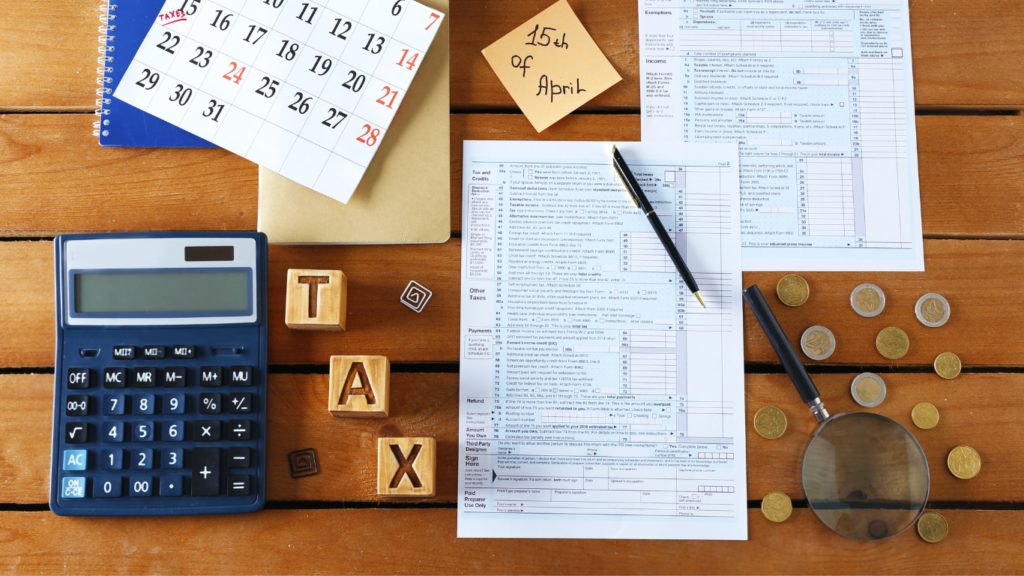Serbia has become an increasingly attractive destination for foreign investors and entrepreneurs, partly due to its favorable tax environment or the simplified company formation process.
However, before deciding to relocate your business or start your company formation in Serbia, it is important to understand how the taxation of foreign citizens works within different segments of the tax system.
Foreign citizens who establish a company in Serbia and engage in business activities are subject to taxation on profits. The standard corporate tax rate in Serbia is 15%.
The entrepreneur pays this tax on the total profit, i.e., the difference between the company’s income and expenses.
Since there are numerous benefits, many foreign entrepreneurs choose to establish limited liability companies (LLC) or sole proprietorships to benefit from favorable tax conditions.
For all foreign citizens planning to establish a business in Serbia, it is important to be familiar with all tax obligations.
Even when the primary goal is to meet the conditions for a Serbian residence permit, you must maintain accounting records and regularly submit tax returns, as the authorities expect compliance with tax regulations.

When considering the taxation of foreign citizens who are not directly associated with legal entities but earn income within the territory of Serbia, several key points should be highlighted.
Personal income tax in Serbia applies to all individuals earning income within the local territory, regardless of their citizenship. The tax rate for individuals is 10% of the gross salary.
This includes foreigners employed by companies they have established in Serbia, as well as those providing services or engaging in other business activities within Serbia.
Foreign workers or entrepreneurs residing in Serbia and earning income can register as employees or entrepreneurs. If they wish to work in Serbia, they must obtain the appropriate residence permit, which allows them to work and contribute to the country’s tax revenues.
Foreign citizens who invest in Serbia and earn capital gains, whether through the sale of stocks, real estate, or other investments, are subject to capital gains tax.
Serbia taxes capital gains at a rate of 15% on the profit earned from the sale or transfer of assets.
If a foreigner owns real estate or shares in Serbian companies, it is necessary to report this gain and pay the tax by the laws of the Republic of Serbia. This tax is an important factor for foreign investors planning long-term investments in Serbian industries or the real estate market.
Foreign citizens who own property in Serbia, whether it is real estate, land, or other forms of property, are subject to property tax.
The tax is calculated based on the property’s value, and the rate depends on the property type and its market significance.
Additionally, when transferring property (buying, selling, gifting), foreigners may be obligated to pay inheritance and gift tax. This tax is calculated based on the value of the property being transferred, with rates ranging from 1% to 2.5% depending on the value and type of property.
In Serbia, the government applies a 20% VAT rate for most goods and services, but it reduces the rate to 10% for certain products and services (e.g., food and medicines).
Foreign entrepreneurs conducting business in Serbia, whether as individuals or legal entities, must register their company for VAT if their turnover exceeds a certain threshold.